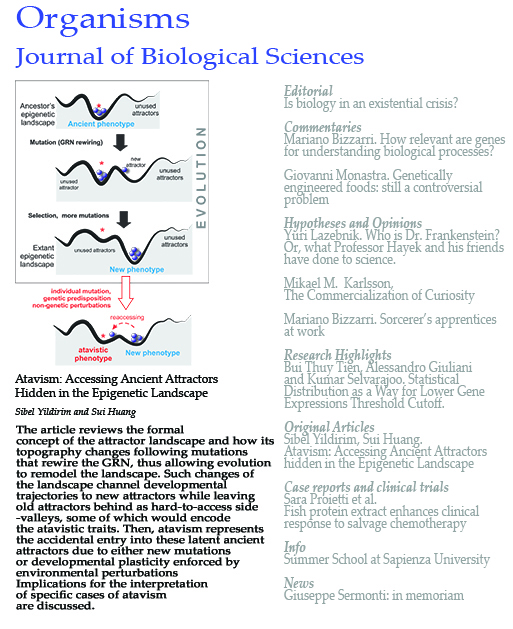The commercialization of curiosity
DOI:
https://doi.org/10.13133/2532-5876_4.4Abstract
This article maintains (with no claim to originality) that the mission of the academy is the advancement of Scientia: scientific knowledge, or more broadly, learning; a mission, which is served by academic research. Focusing here on the example of medical research, it is suggested to divide such research into industrial, public-health, and academic. What distinguishes these three classes of medical research is not their content or method, but their different aims or purposes. The overarching purpose of academic research is here said to be to contribute to the advancement of Scientia. It is maintained that the essential characteristics of such research, as contrasted with the other kinds, are that it must be free, open, and uncompromised. Industrial research is commercial: it is funded, under contract, by business firms, which want or need the results in order to market their products or services and to profit thereby. The question is whether industrial research so defined can remain properly academic. The author answers this question in the negative, arguing that commercial research is inevitably unfree, closed and compromised and thus foreign to the mission of the academy. The academy should therefore not commercialize itself; industrial research should seek other venues, while the academy remains the principled and dedicated guardian of Scientia. The problem of funding the various categories of research is raised—”Is academic medicine for sale?”—and suggestions are made as to how academic research might be funded without compromising the academy. But the author ends on a pessimistic note, suggesting that the academy may already have betrayed its mission and sold out irretrievably.Downloads
Published
How to Cite
Issue
Section
License
Copyright Agreement with Authors
Before publication, after the acceptance of the manuscript, authors have to sign a Publication Agreement with Organisms. The authors retain all rights to the original work without any restrictions.
License for Published Contents

You are free to copy, distribute and transmit the work, and to adapt the work. You must attribute the work in the manner specified by the author or licensor (but not in any way that suggests that they endorse you or your use of the work).





